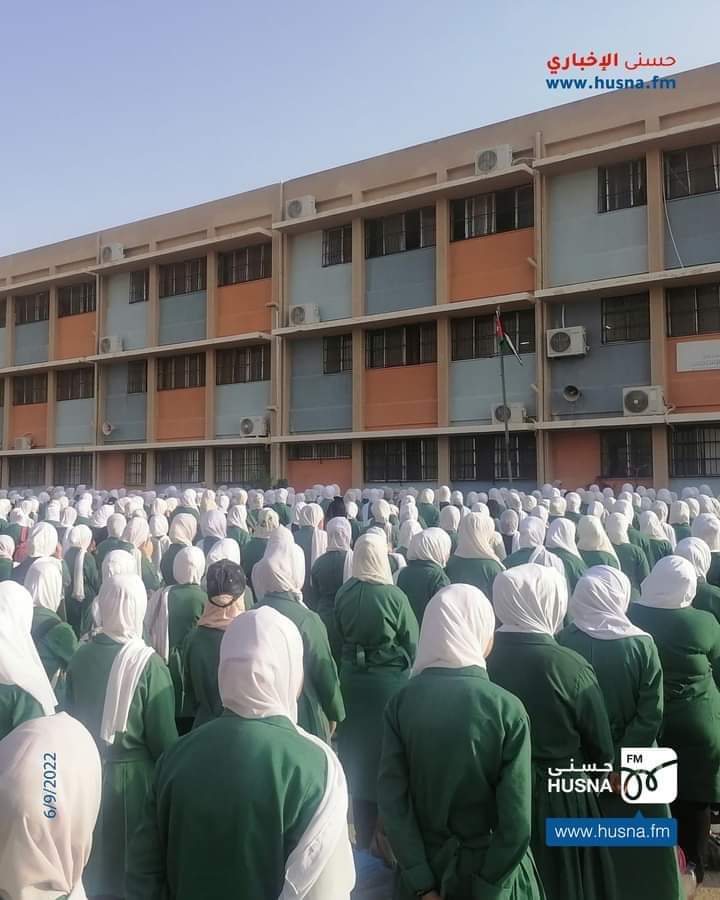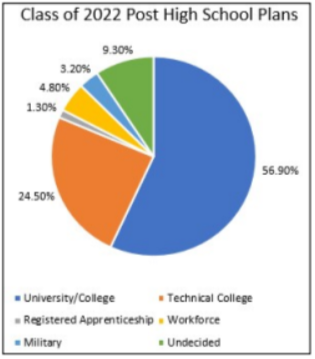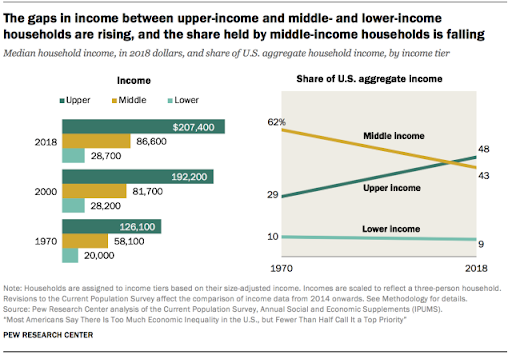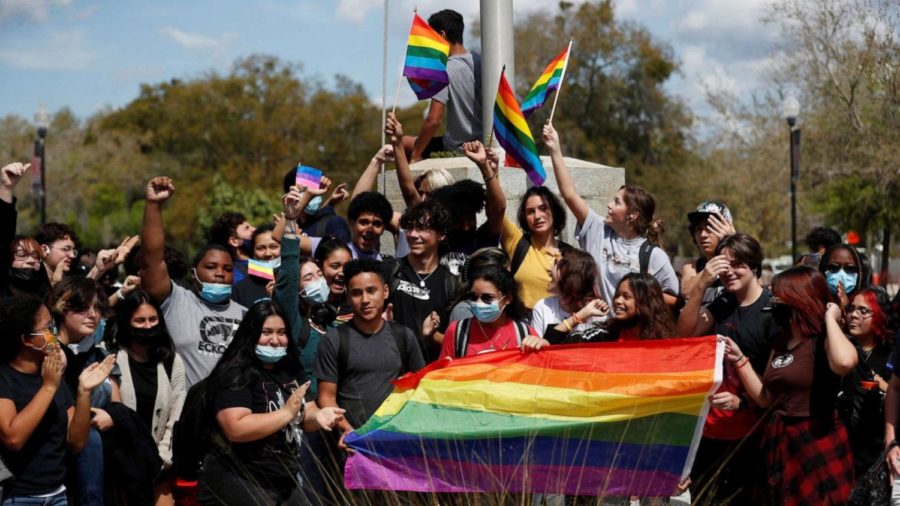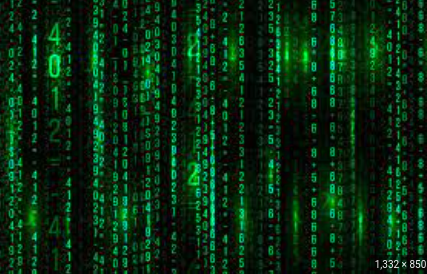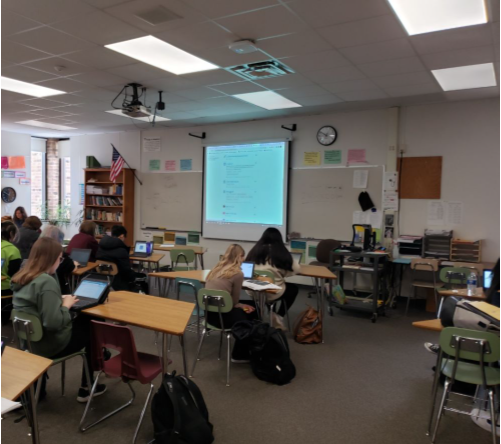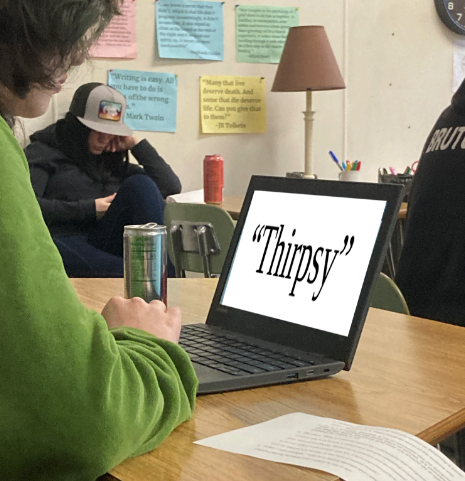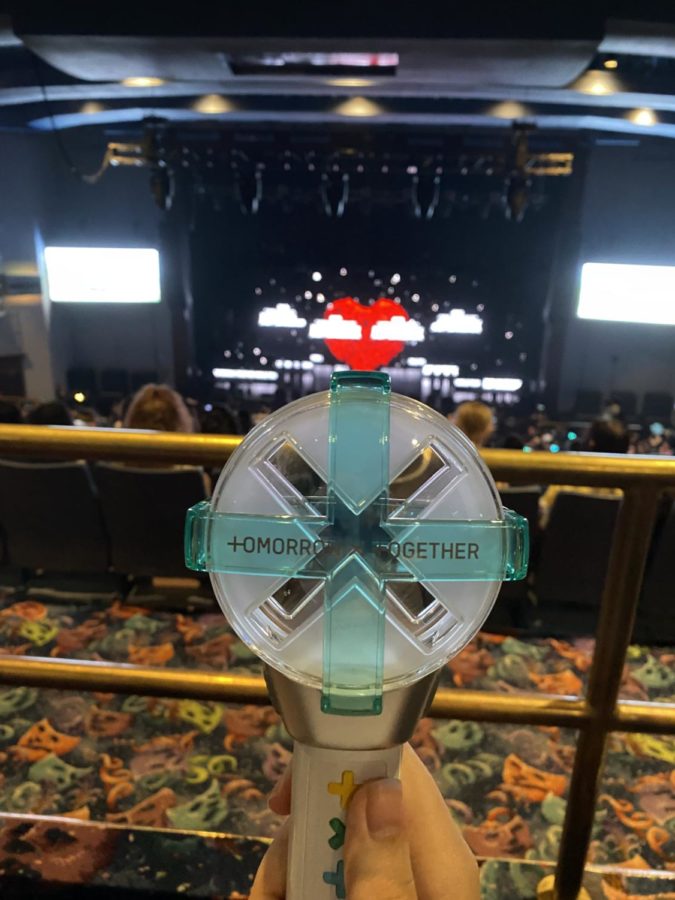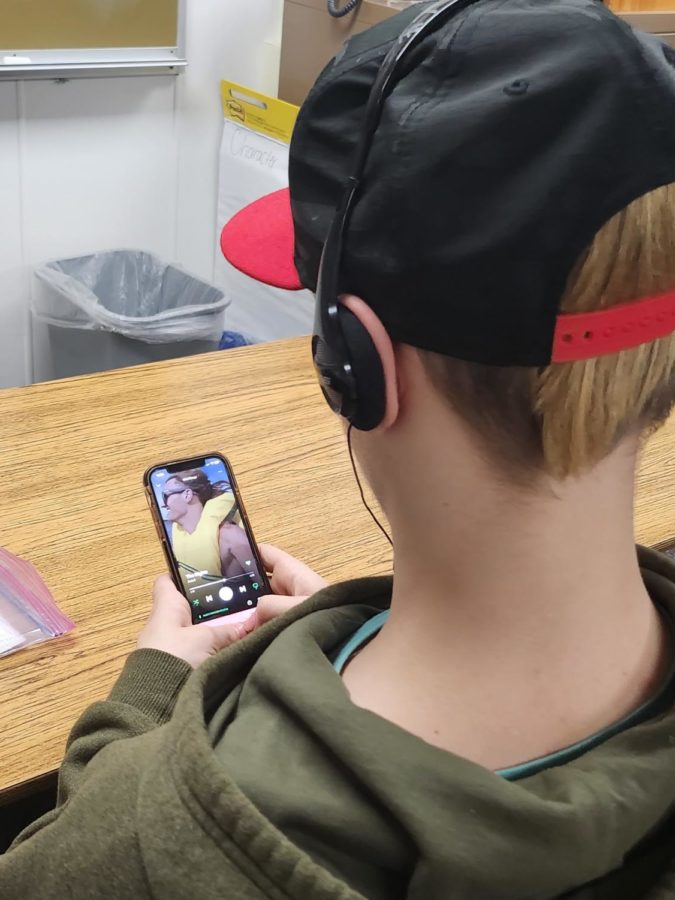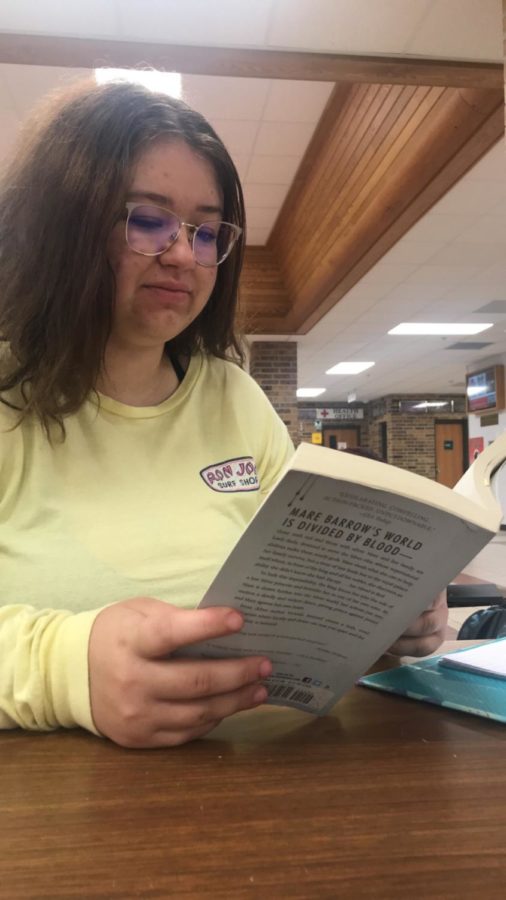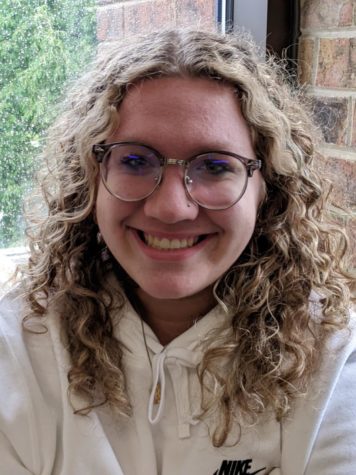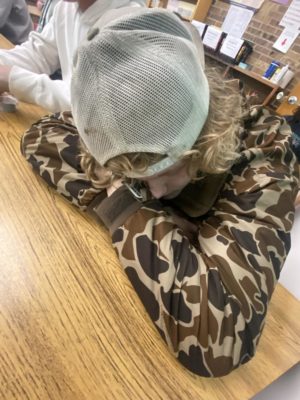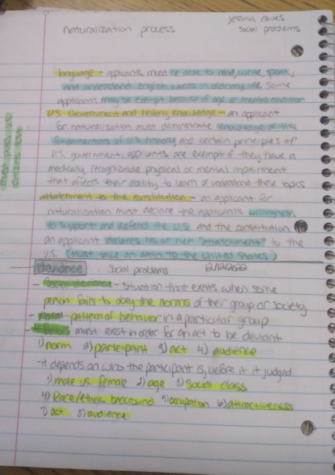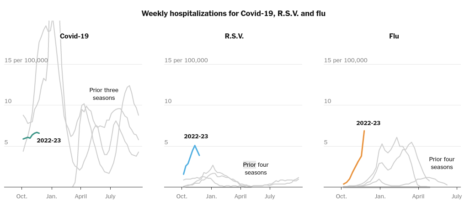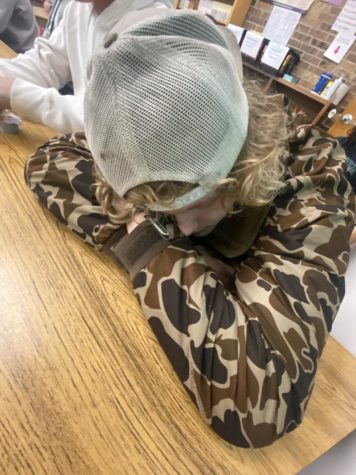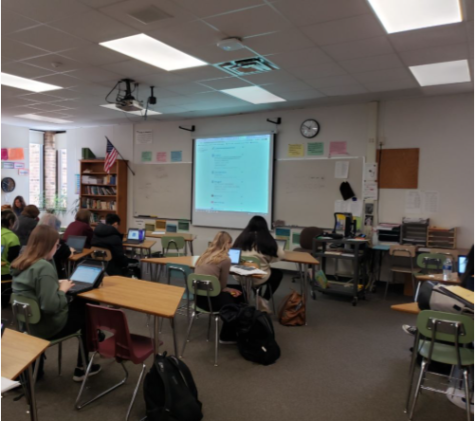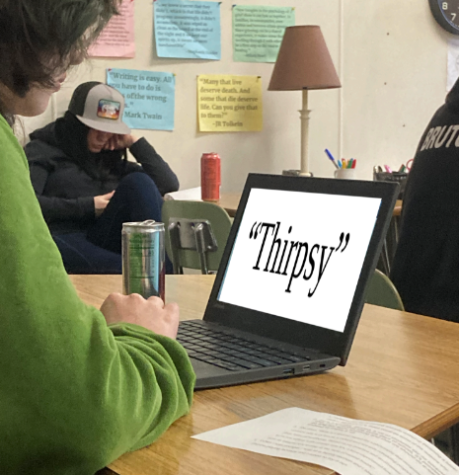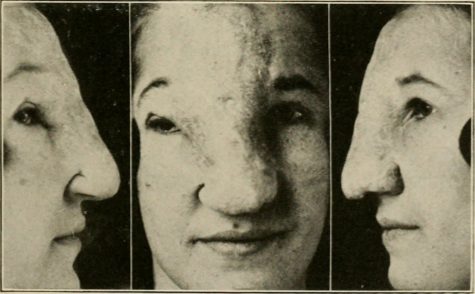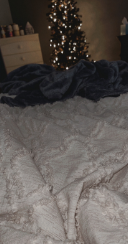What is Dyslexia?
November 1, 2022
What is Dyslexia? Some say it’s a reading problem and others say it’s neurological related. It is said that dyslexia affects between 10%-15% of the population, that means 1 in 5 students at SPASH could have Dyslexia. In order to clear some confusion I interviewed a student of SPASH and a teacher who works with Dyslexia.
What is Dyslexia?
According to the International Dyslexia Association, dyslexia is defined as a “Specific learning disability that is neurological in its origin.” Dyslexia is commonly mistaken for a vision based problem but really it’s a language based learning disability. I had asked Hannah W, a senior at SPASH, what she thought Dyslexia was and Hannah said “I’m not really sure but I know it’s a reading problem.” I had also spoken with Mrs. Rohr, a reading teacher at SPASH who teaches students with dyslexia, and she said, “Dyslexia is when the phonological part of the brain functions differently than someone who doesn’t have dyslexia.” In other words those with Dyslexia have different functioning parts of the brain.
How does it affect learning?
As reported by Joan Sedita, author of Literacy Lines, students with dyslexia may experience difficulties with reading, spelling, and writing. Hannah had also mentioned that her friend who has dyslexia struggles with reading and English related assignments. As mentioned earlier, Dyslexia affects the phonological part of the brain, the part that processes words and helps us read and understand. This now has broken the myth of what dyslexia seems to affect.
Cures and Therapies
Joan Sedita has also said “ The good news for people with dyslexia is that their brains will rewire themselves if reading instruction is provided that explicitly teaches phonological awareness and decoding skills.” This means that there is a way to reteach the brain by providing it with decoding skills and phonological awareness. There is no real cure for dyslexia but it has been proven that speech therapy has helped reduce the symptoms of dyslexia.
Final Takeaways
In the end, Dyslexia is a neurological disorder that revolves around ones reading and speech ability, not vision. Dyslexia can affect all ages, and can be diagnosed at any age. Dyslexia has no true cure but therapies and aid can help restructure the brain.




















